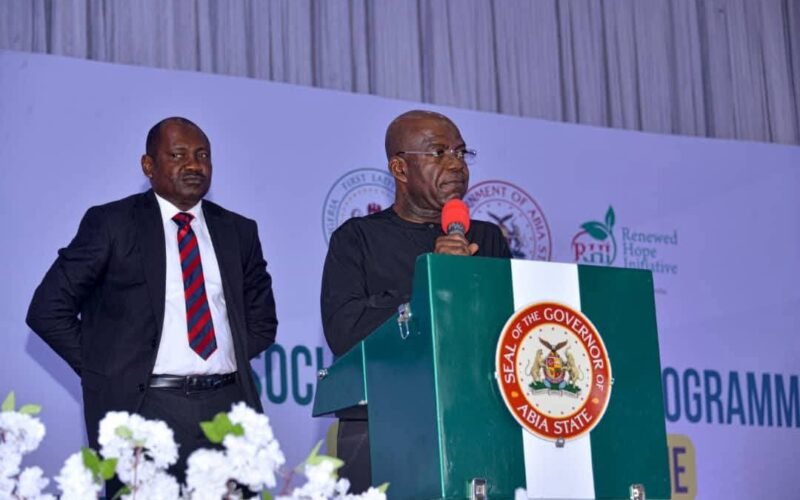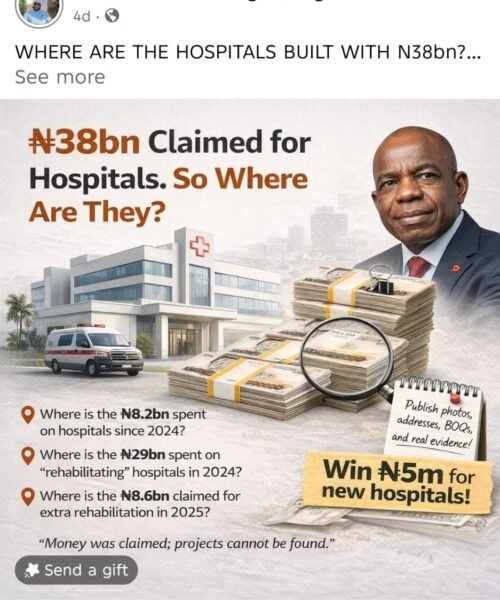Abia State 2023–2025: Governance, Challenges, and Citizen Voices
Abia State, a bustling hub in southeastern Nigeria, has navigated a complex landscape of economic, infrastructural, and security challenges under Governor Alex Otti’s administration from 2023 to 2025. With an unemployment rate peaking at 18.7% in 2023—the highest in Nigeria—the state’s struggles were compounded by infrastructure decay and insecurity. However, Otti’s policies, including a budget prioritizing 84% capital expenditure in 2024 and 82% in 2025, aimed to reverse these trends. Initiatives like the Abia Industrial and Innovative Park (AIIP) and a single-tax system attracted investments, though controversies arose over projects such as the ₦36.5 billion Port-Harcourt Road reconstruction, which critics labeled overpriced.
In urban centers like Aba, traders and entrepreneurs expressed cautious optimism. Grace Akpan, a 28-year-old tailor, credited a ₦50,000 interest-free loan for expanding her business, while Okada rider Mazi Nnamdi Okafor criticized delayed implementation of the N70,000 minimum wage. Rural communities, however, felt sidelined. Mrs. Adaobi Uche, a parent in Ohafia, applauded free education but questioned when “smart schools” would reach her village, echoing frustrations over projects like the Umuahia Airport, prioritized over rural clinics.
Security improvements offered a glimmer of hope. Vigilantes in Umunneochi, equipped with motorcycles by the state security council, reduced kidnappings by 60%, allowing farmers to return to fields. Yet students like Joyce Okoro in Umuahia demanded streetlights on key roads, underscoring lingering safety gaps. Education reforms saw enrollment rise by 22% with 5,300 new teachers, though educators like Emeka Onuoha in Aba lamented unfulfilled promises of digital tools.
Environmental and fiscal concerns loomed large. A hybrid waste management system cut landfill overflow by 30%, but borrowing ₦364.1 billion in 2025 sparked debt fears. Governor Otti defended spending as “investment in infrastructure,” while opposition figures like PDP spokesperson Barr. Kenechukwu Nwaji alleged inflated costs, such as ₦318 million per school renovation.

Public sentiment revealed stark divides: 68% of urban traders praised infrastructure strides but demanded faster power solutions, while 55% of rural residents criticized inequitable resource distribution. Civil servants, despite partial salary arrears clearance, pressed for full wage compliance. Recommendations for accountability, rural equity, and labor reforms highlighted gaps between policy and grassroots realities.
Governor Otti’s legacy hinges on bridging these divides. While projects like the AIIP and road rehabilitations signal progress, distrust over transparency and unmet rural needs persist. For Abians, the true measure of success lies not in glossy projects but in inclusive, visible transformation—a challenge that will define the state’s trajectory beyond 2025.
Dr Chukwuemeka Ifegwu Eke writes the University of Abuja Nigeria







